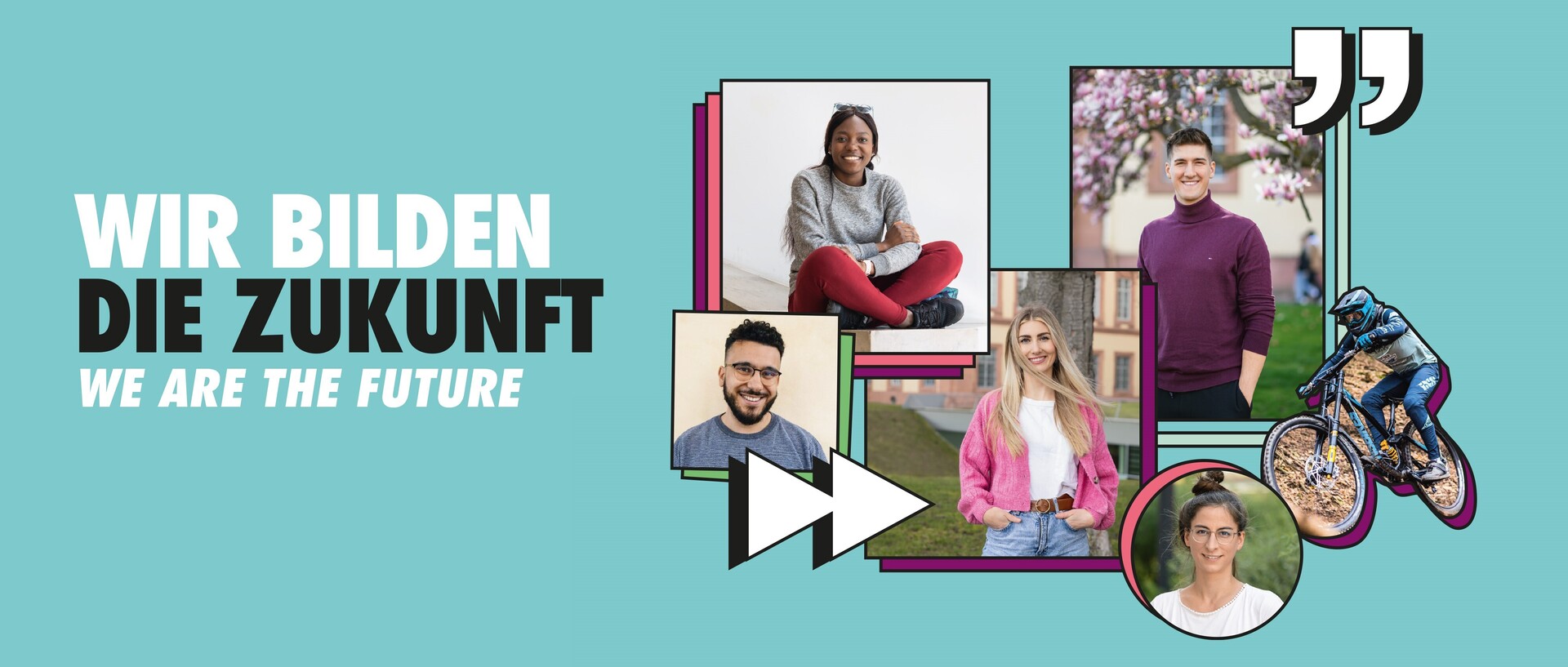How Can Low-Qualified Refugees Participate in the German Labor Market?
That was the question asked by the project “The Skilled Workers of the Future—or the Long-Term Marginalized? Ways of Integrating Low-Qualified Refugees.” The Stiftung Mercator-funded project was headed by Dr. Christoph Sajons from ifm Mannheim. He concluded that for older refugees with relevant professional experience, starting their own business can be a good option.

Refugees and other immigrants often opt for self-employment so that they can bypass structural barriers in the labor market and make full use of their skills and knowledge. By doing so, they help alleviate the shortage of skilled workers. In their study “Self-Employment for Refugees and Immigrants: An Alternative Route into the Labor Market or a Professional Dead End?” Sajons and his coauthors Carina Hartmann and Ralf Philipp report that, during the 2010s, the proportion of people in Germany who dropped out of self-employment within three years of starting their business was slightly higher among migrants from non-EU countries (54%) than people born in Germany (47%). Self-employed migrants who were still in the market after three years had higher net incomes on average than those in regular employment (slightly over EUR 2,000 vs. EUR 1,650 per month). But even those who had tried their hand at self-employment but later dropped out were still slightly better off three years after first starting their business than those in employment, with an average income of around EUR 1,800.
The Mannheim research group also conducted an experiment to test how applications from people who had left self-employment would be received in the regular labor market and found that there was no stigma attached to it. “Applications from migrants who’d previously been self-employed were just as successful as ones from those who’d been in regular employment, regardless of whether they voluntarily gave up self-employment or were forced to do so,” explained Sajons. By contrast with a period of unemployment, a period of self-employment actually considerably boosted an applicant’s chances of success.
The researchers are calling on policymakers and institutions like the Federal Employment Agency and job centers to break down the systematic barriers that stand in the way of migrants who want to start their own businesses.
Text: Saskia Bachner/
More details about the project can be found at: http://tiny.uni-mannheim.de/708
